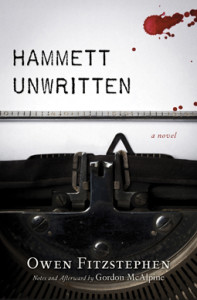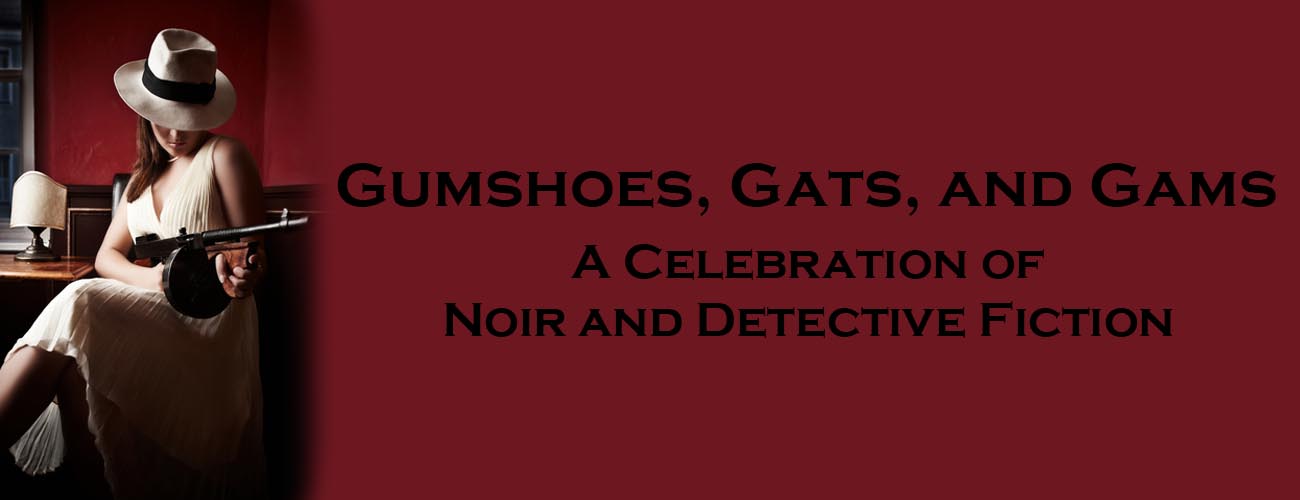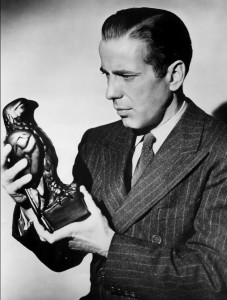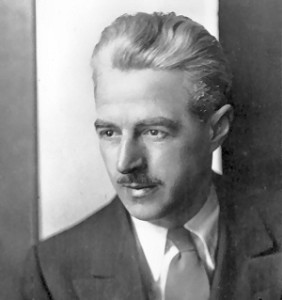 Hammett Unwritten
Hammett Unwritten
Owen Fitzstephen
Seventh Street Books
trade paper, 160 p., $13.95
Amazon Barnes&Noble
ebook $9.99 Kindle Nook
Seventh Street Books is the mystery and thriller imprint of Prometheus Books. Prometheus Books is the parent company of Pyr, one of the best science fiction and fantasy publishers around. If you’ve read my reviews of their books on the other blogs, you’ll know I expect Seventh Street Books to be top notch.
I’d like to thank Lisa Michalski of Prometheus Books for sending me review copies of some of their titles. The only one I’ve read so far is Hammett Unwritten, and it didn’t disappoint. My expectations for the others are high.
Dashiell Hammett is arguably the greatest writer of detective fiction in history. Certainly in the top five. Before turning his hand to writing, Hammett worked for the Pinkerton Detective Agency in the years immediately before and after World War I. He left the agency due to health reasons. His time with the Pinkertons provided plenty of material for his writing. Hammett claimed that his stories were based on his cases.
Hammett’s first creation was an unnamed operative of the fictional Continental Detective Agency known simply as the Continental Op. He appeared in a number of short stories and the novels Red Harvest and The Dain Curse. Hammett’s final characters were the husband and wife team of Nick and Nora Charles, who appeared in his final novel, The Thin Man. But in between he created one of the most iconic private investigators of all time, Sam Spade, who made his debut in the classic The Maltese Falcon.
Hammett Unwritten is recursive fiction, in that the novel focuses on Hammett’s books, specifically The Maltese Falcon. It’s not about Hammett the detective, but rather it’s about Hammett the writer.
For the last couple of decades of his life Hammett wrote nothing of any significance. There’s been much speculation as to why this was the case, but no one has ever adequately explained why Hammett quit writing. Was it his health? His relationship with Lillian Hellman? Was he no longer on speaking terms with his muse?
Fitzstephen tries to answer this question, and his answer is close to the latter possibility. As I said, Hammett claimed to have based his fiction on his actual cases, and Fitzstephen takes this idea and runs with it. In this story, The Maltese Falcon is a thinly disguised account of an actual case Hammett worked, one in which he ended up with the counterfeit bird.
Early in the novel, Hammett gives away the statuette. He spends the rest of the book trying to recover it. Along the way we meet a number of figures who were significant in Hammett’s life. All the characters from the case put in an appearance, under their “real” names.
The chapters open with quotes from an article Hammett wrote for a writer’s magazine. In them he talks about how to make the reader accept the most fantastical premise. I found this a great conceit. The storyline gets pretty fantastical, bordering at times on fantasy. Yet Fitzstephens follows Hammett’s advice, and in doing so makes me swallow everything, hook, line, and sinker.
The dialogue flows smoothly, and the pages flew by. We see deep inside Hammett’s psyche, something that’s difficult to pull off in a book of this length that covers nearly a 30 year span.
If you’re a fan Dashiell Hammett or The Maltese Falcon, you’ll want to check this one out. As for me, I’m going to read some more from Seventh Street Books.


